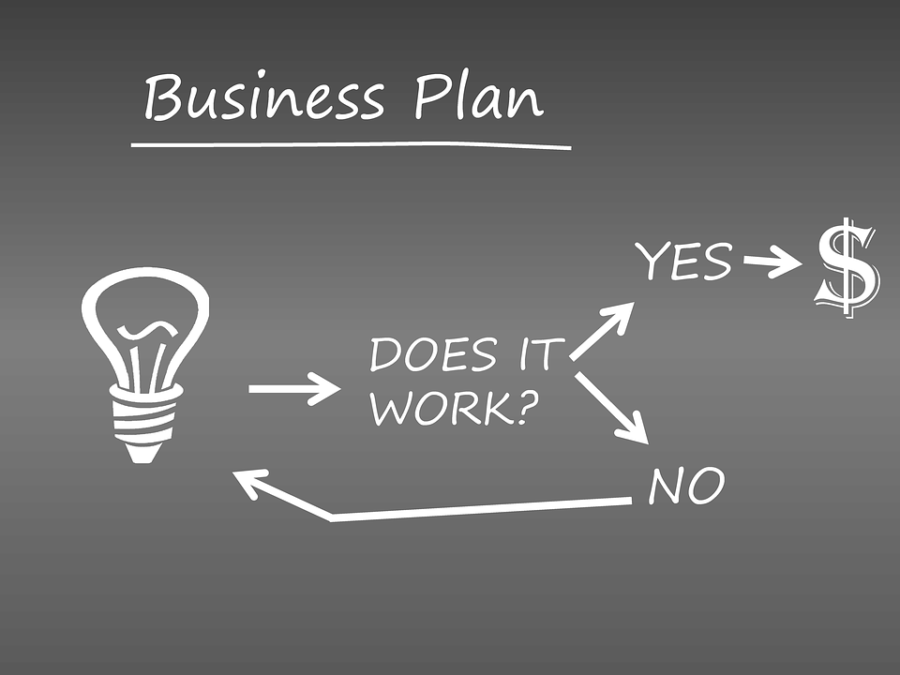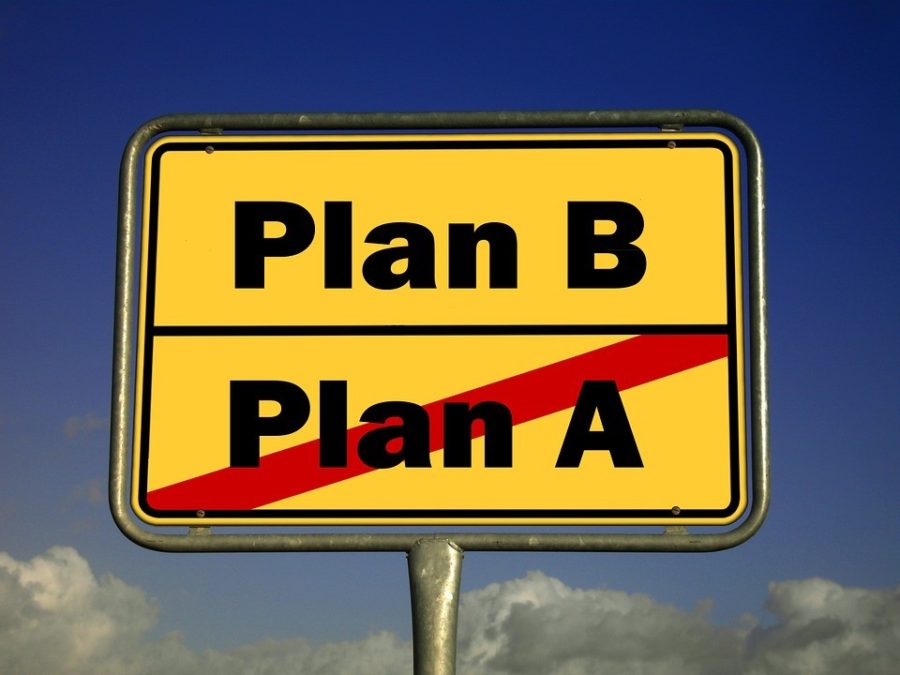According to the GEM Global Report, more than 100 million startups are launched every year, which means there are over 3 new startups every second. However, 90% of those businesses are bound to end in failure, leaving only 10% with a chance of success.
When you see this data, it might make you apprehensive and afraid to start your own venture. Still, this statistic is not here to frighten you but to show you that failure is normal: we all experience it, and although it is a possible outcome of every business endeavor, it shouldn’t be perceived as something negative.
Instead, let’s see how to turn your anxiety into a powerful force which can actually help your business become a part of those successful 10%.
Fear keeps you running in place
The fear of failure goes hand in hand with atelophobia, the fear of not being good enough. What lies behind the fear of failure is, in fact, the fear of public embarrassment. People are afraid that others will think less of them for making a mistake.
The root of atelophobia is the fear of imperfection, which automatically causes us to think that we don’t stand a chance, that we’ll never reach our goal, and that succeeding is impossible. When combined, both fears form a vicious circle of negative and unproductive thoughts and are debilitating your personal growth, and the growth of your business.
Once the feeling of fear settles in, it roots you in place, forcing you to play it safe. And it keeps you immobilized for as long as you are afraid. This means that you’ll avoid taking any chances, stay in your comfort zone, and never take the leap which would bring you closer to your main goal.
As a result, you are likely to give up on your dream to start your own business, or you will be too afraid to expand the one you are currently running. You will miss out on business opportunities, potential partnerships and collaborations, the opportunity to improve and extend the product line or services you’re offering, and, overall, the chance for your company to grow and become truly successful.
As Djuradj Caranovic, a now internationally-successful entrepreneur once said in one of his keynote speeches: “If we fear failure we tend to take a minimalist approach to our jobs and the opportunities around us. Sometimes failing spectacularly is the best evidence that we are alive, human, and serious about aspiring to the extraordinary. There is no value in being ordinary when you have the capacity to be remarkable.”
So, unless you learn how to turn your fear into a powerful driving force, you will lose an opportunity to become a better version of yourself, and your inaction will leave you with nothing but regrets in the future.
And bear in mind that feeling of regret is there to stay, and is much worse than the feeling of fear.
Even the greatest ones faced failure
Could you name a successful person who’s never failed? Anyone?
Even if you stop to think really hard, you’ll realize that it’s impossible to find someone who’s never made a single mistake.
What about naming those who failed at least once before succeeding?
- Thomas Edison was told by his teachers that he is “too stupid to learn anything.”
- Walt Disney “lacked imagination”.
- Bill Gates’ first business went belly up.
- And Macy? He had seven flopped businesses before his department store chain achieved staggering success.
The list goes on and on, and it serves as a proof that the most successful people had to face failure at some point, only to become great achievers later on.
So why exactly are we afraid of failure? And is it possible that failure is, in fact, our biggest ally and our ticket to success?
Treat fear as a challenge, not as an enemy
“It’s not the mountain that we conquer; but ourselves.” – Sir Edmund Hillary
Starting a business is stressful. As well as running it. You are constantly surrounded by tasks waiting to be done, decisions to be made, and expectations to be met. What is more, the fear of failure looms by your side, reminding you that a fatal mistake can be made at any corner. But how you choose to utilize this fear is completely up to you. You have the power to turn it into your most reliable business partner, and here’s how to do it:
- Look at fear as a challenge. As long as you view fear as a threat, you are sending signals to your body that it is the enemy to beat in the upcoming battle. You’ll feel like war is right around the corner, which will only further enhance the existing feeling of stress and anxiety. But if you start treating fear as just another challenge, both your mind and body will react differently. Challenges are the things we can handle successfully, that are beneficial for us because they help us grow and learn new things. As soon as your mindset changes, you’ll feel calmer and more in control, and as a result – less likely to fail.
- Prepare and do research. When something is unfamiliar to us and we don’t know what to expect, we are more likely to be afraid of failure. We all fear the unknown, so to avoid this trap, gather the necessary information which you can later use to make informed decisions. Arming yourself with knowledge will minimize your fear and lead you to success.
- Make a business plan. Creating a business plan will help you put all the collected information and ideas you have into good use. Putting your goals on paper will make them seem more attainable since they will appear as small action steps, which will reduce your fear of failure. Consider this list as a map that’s leading you from the earliest stages to your final destination – a thriving business.
- Always have a contingency plan. Having a plan B is vital for your confidence; it acts as a safety net, making you feel more in control and comfortable with your decisions. Lessening the potential risks lessens your fear of failure, since you will feel prepared to face the possible outcomes.
Failure is the best teacher
Bear in mind what Henry Ford once said, that “the only real mistake is the one from which we learn nothing.”
Sure, failure is not easy. It hurts. It’s embarrassing. But it’s, at the same time, the best teacher you could ask for. It is an inevitable part of the learning curve, essential for self-improvement, as it identifies your weak points and gives you the opportunity to work on them. It may come as a surprise, but we never learn anything from success. We learn from our mistakes.
To embrace failure as your teacher, you first need to learn how to properly react to it. Pretending it never happened won’t help – in fact, you should focus on it, analyze it, and use the information you collected to your advantage. Come up with a strategy that will help you do things differently next time.
Once you reflect on your failures, you’ll realize they are here to teach you a valuable lesson; a lesson that’ll help you reach your full potential. A business failure is just a brief stop on your path to success.


